
Broadband Breakfast
What's This Broadband Breakfast Community All About?
You're invited to the FREE benefits of the Broadband Breakfast Community!

Broadband Breakfast
You're invited to the FREE benefits of the Broadband Breakfast Community!

Democratization
Disinformation is a threat to democracy, especially in local elections, she said: 'True patriotism is a commitment to truth.'

ACP
“You can’t sugar coat it… Its absence will be felt here,” state official says
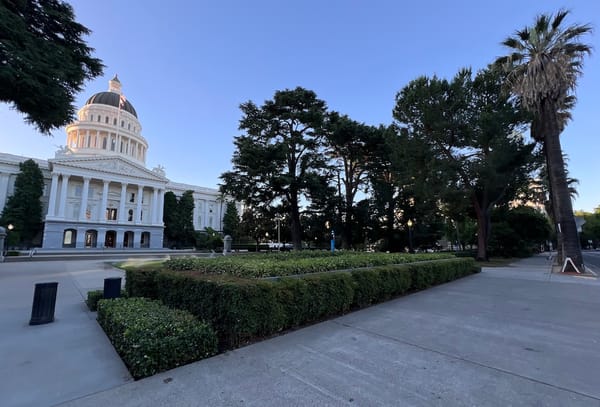
What's New
Broadband is a utility that's a little bit like plumbing – just sexier.

Broadband Live
The event will be in person at Shaw/Watha T. Daniel Library, located at 1630 7th St NW in Washington, and live online.

What's New
It's a time of changing seasons in Washington, and in Rural America.
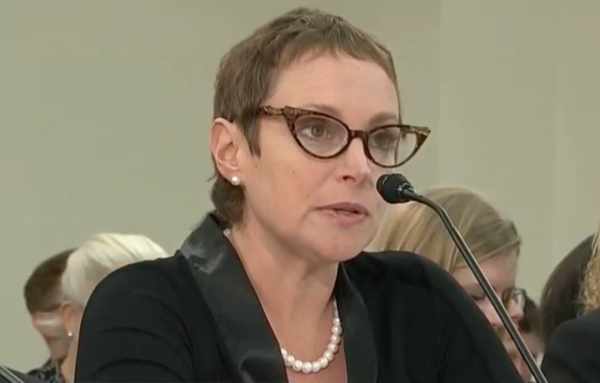
BEAD
CTC Technology and Energy's Joanne Hovis also said broadband truly is a non-partisan issue.
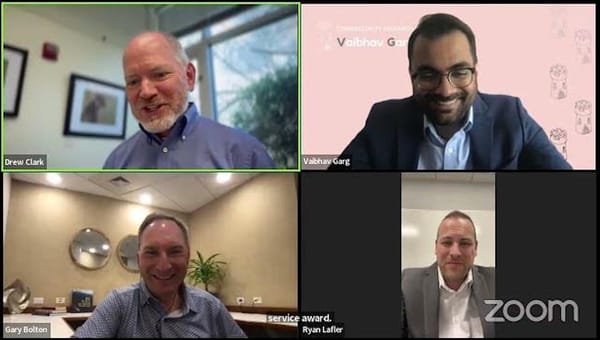
quantum computing
Quantum computing represents a fundamental shift from classical computing, which relies on solving problems through rapid trial and error.
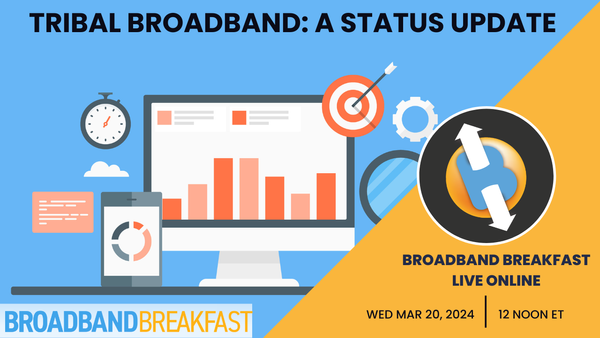
Broadband Live
What's the status of tribal broadband connectivity in anticipation of the NTIA's second funding round?
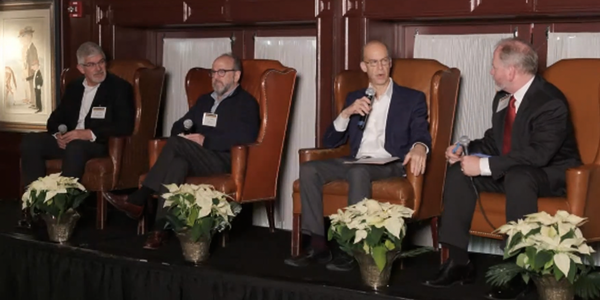
Open Access
The model is well-suited to address the problem of indoor connectivity, experts said.
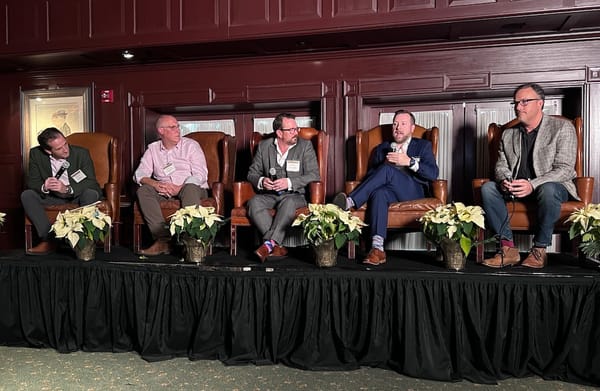
Infrastructure
The high cost of data transport and high latency could hinder fiber builds in rural areas.

Broadband Breakfast
This session of Broadband Breakfast Live Online will recap the full-day conference on Tuesday, December 5.
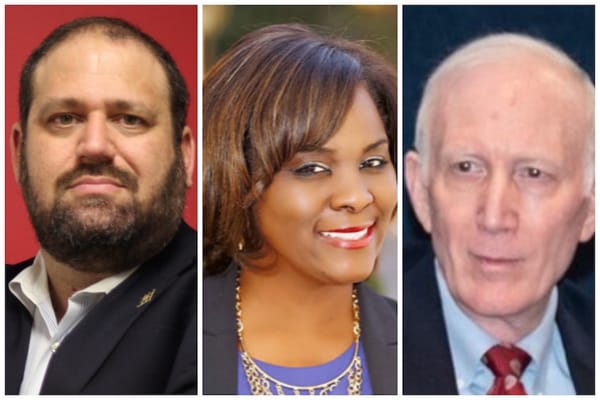
Digital Inclusion
See Experts Still Disagree on FCC’s New Digital Discrimination Rules, Broadband Breakfast, November 29, 2023 Our Broadband Breakfast Live Online events take place on Wednesday at 12 Noon ET. Watch the event on Broadband Breakfast, or REGISTER HERE to join the conversation. Wednesday, November 29, 2023 – FCC’s Digital
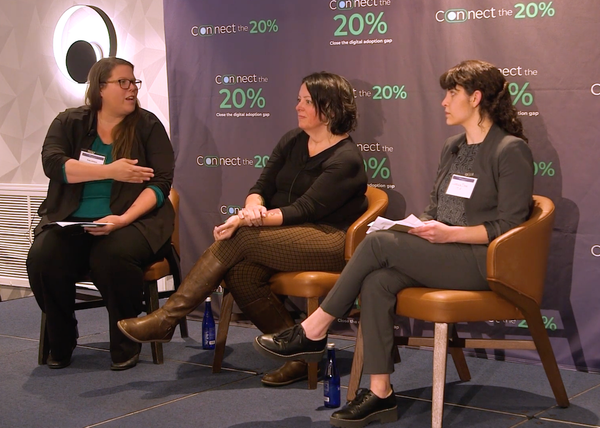
Broadband Mapping and Data
The NTIA’s Internet Use Survey doesn’t delve deeply enough into why people choose not to adopt broadband.
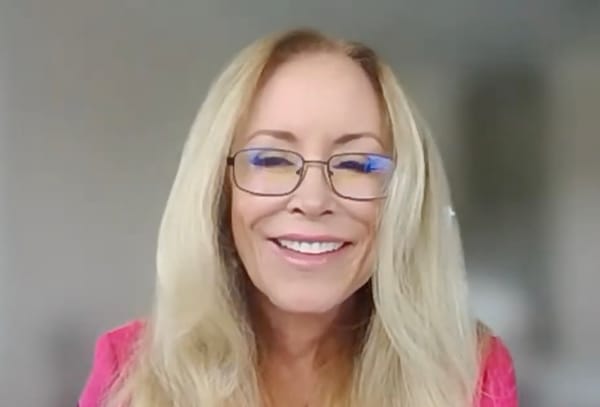
Free Speech
Constitutional issues leading courts to strike down age verification law are still present, said EFF.
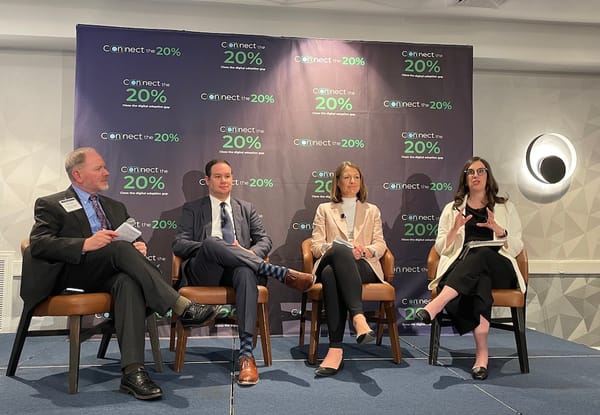
Digital Inclusion
Officials from broadband funding programs emphasized the important of non-deployment projects at the Connect20 Summit in Washington.